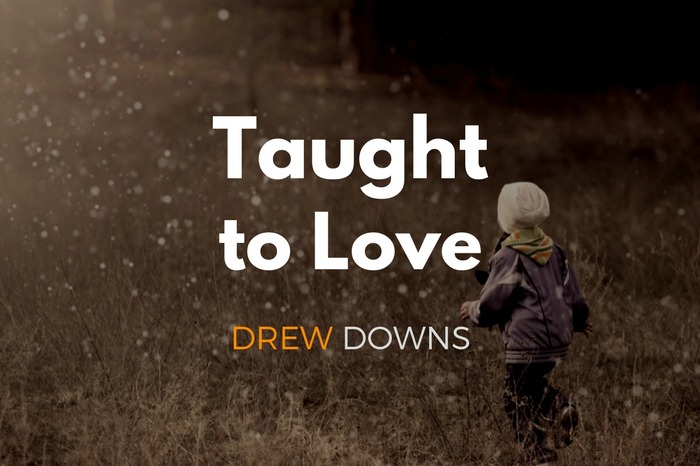26. Christians should be taught to share supportive love generously while restricting selfishness.
This should be a no-brainer. Should.
If you stopped a random person on the street and asked them to talk about what a Christian is supposed to be, chances are this is what you’d hear. Christians are about generous love.
But the problem isn’t what Christians are supposed to be. It’s what we are.
Because if you stopped that same random person on the street and asked them to talk about what a Christian is, I guarantee you’ll get a different response.
You won’t hear that we are people who share supportive love generously. You’ll hear how bigoted and hateful we are in public.
You won’t hear about how we restrict selfishness, you’ll hear about a prosperity gospel preacher and his mansion or how he needs the congregation to buy him a private jet.
How Christians are perceived is exactly opposite to who we are supposed to be. I think this is no accident.
Individualism isn’t the gospel
Whether we admit it or not, we’re not proclaiming the gospel when we encourage individualism. Or a better description is saying we are only proclaiming half the gospel. Maybe a fraction of the gospel.
The sum of faith isn’t the stuff in our heads, but the life we are living. And we are doing the Great Liberator whom we profess to love a tremendous disservice when we define love by only what we believe.
There can be no justification by faith if there is no communion with Christ. And then no response to such a blessing. It doesn’t work like that.
Imagine the scene in Braveheart, where the army William Wallace has raised is behind him and he’s giving the famous speech, ending in the oft quoted line:
They can take our lives, but they will never take our freedom!
And now imagine those words shouted to an empty hillside with a couple of random dudes on their cell phones. The rest are at home, chilling, watching Netflix. Maybe they’re still farming.
Maybe Wallace sends it out in a group text.
Perhaps he wrote it down and those words are written by those farmers. And their hearts are strangely warmed and sprits inside them are moved. And they go
God is great! This freedom is fantastic!
And proceed to farm some more. Until the English come and kick them in the head.
It’s not a solo revolution
Let’s not confuse the kind of armed revolution William Wallace was raising in Braveheart for the gospel. But let’s also not avoid taking the message to heart.
All those men gathered behind him had personal reasons for being there, but it wasn’t selfish to give up their lives for their country. They knew it wouldn’t end with a direct quid pro quo of personal freedom in exchange for loyalty.
So we can’t believe in a selfish gospel of personal benefit. Not and still call it freedom. Or Christian.
But these warrior farmers do show up for their neighbors, children and families. They show up for their country and it’s future. All these people show up to start a revolution that isn’t just coming to them, but to everyone.
They show up and become “with” each other. This isn’t a bunch of individuals running around screaming “freedom” and fighting any Englishmen who come their way. This involves every one of them together.
The Real Gospel is Love
We’re taught a false Gospel.
I hate those words because they sound judgy. And we’re used to being attacked with them. But the problem isn’t that our friends and neighbors are wicked, or even wrong. It’s just not the gospel to say Jesus wants you to be rich. Or a great football player. God doesn’t work like that. The gospel doesn’t promise that.
The real gospel is a story of love, a person of faith, and God’s incarnate savior of humanity.
And the gospel comes to us in community, around a table, sharing what we have with ridiculous hope for a transformed world.
The gospel came to humanity, talking about our unfulfilled promise to God: that we’d practice Jubilee. He called it a kin-dom of God, a great manifestation of heaven. A time of true reconciliation and restoration of all people.
A time and place in which all are fed and none are left behind.
This is what we need to teach in our churches and homes. Not stories of personal salvation and buying off God with promises of being different.
We need to gather one another in a great redeeming time of true bliss and guard against the selfishness which devours our generous, hopeful hearts.
We teach that. And then we’re talking about true freedom.
[This is Thesis #26 of my 31 Theses. To read them all, visit the 31 Theses introduction page.]

